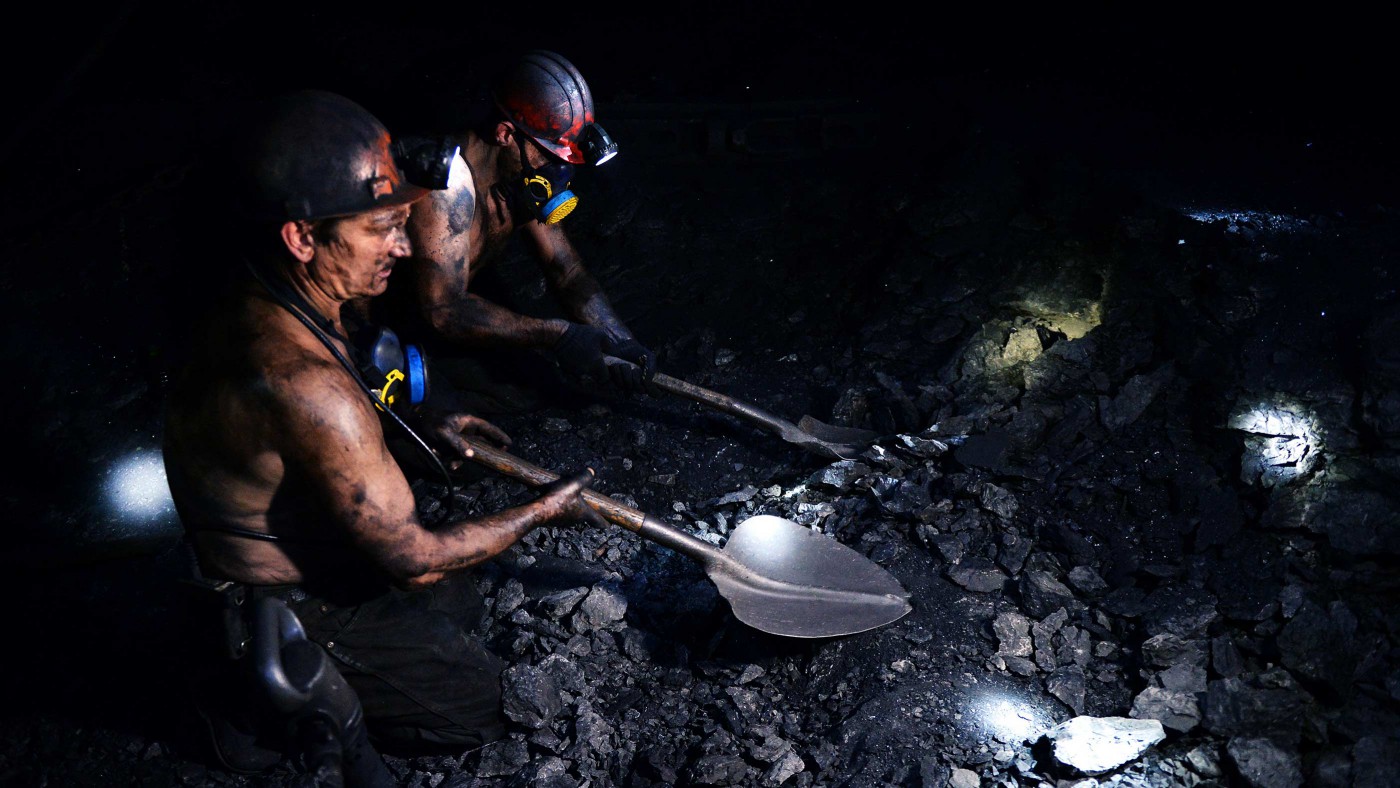The dramatic recession in Russia and the brutal impoverishment of the Russian consumers after the fall of the Ruble is no accident. President Putin tries to save his face, his power and his national model by pretending that oil prices go up and down. He may be right to a certain extent but he does not understand or pretends not to understand the deep flaw in the Russian economy. He should remember what happened in 1986, the beginning of the fall of the Soviet Union.
At that time Mikhael Gorbachev was confronted with a very similar situation when oil and gas prices went down, depriving the Russian state from importing enough wheat to nourish the people. Gorbachev understood the dirty little secret behind the Soviet apparent power: the Soviet Union had been, from the very beginning, in the 1930, dependent on its natural resources exports to be able to import enough food for the people. Planning for industrial development replaced actual industrial development. Because Stalin had destroyed agriculture and all kind of entrepreneurship, the only real wealth left was oil, gas and mining. Few Russians knew it. Maybe the Soviet leaders did not see it either, and it seemed to escape most western Kremlinologists. The Soviet Union never was and Russia is not a developed economy. It only pretended and still pretends to be one.
Soviet statistics were fake. Gorbachev admitted this, and tried to save the Soviet Union by opening its borders. Too late however to save the illusion of strength – not one Soviet industry survived the competition and none has replaced them since. The Soviet Union had been struck by what economists call the “curse of natural resources.” Whether it is oil in Saudi Arabia, gas in Algeria, soya in Argentina, tin in Bolivia or gold in 17th century Spain, these are all circumstances where natural resource exploitation has replaced innovation and actual wealth creation, where the influx of easy money usually benefits a minority and creates the basis of oligarchies.
The paradigm of the curse of natural resources had never been applied to Russia until a book by Yegor Gaïdar (The Fall of the Soviet Empire, published in 2007), a former Minister for President Eltsine, and instigator of privatisation in Russia. Gaïdar had clearly demonstrated how the power and influence of the Soviet Union went up and down in cycles, strictly following the price of oil and gas. The Soviet Union was the most threatening in the 1970’s, under Leonid Brezhnev, when oil prices were at their peak. This brought imported food onto people’s tables and allowed military adventures abroad. Even the CIA did not understand this process, until Gaïdar revealed the dirty little secret. Only after the fall of the Soviet Union, it became clear that Russia was an underdeveloped economy. Now, Putin wants us to believe that it has become an emerging economy which it is not. It seems that the Potemkin tradition never dies, make-believe being ingrained in the Russian political DNA.
It would be an error though to consider that a windfall of natural resources always and necessarily leads to deindustrialization, lack of innovation and the absence of entrepreneurship. It all depends of the political institutions and national culture. The United Kingdom certainly did not suffer any curse of natural resources when it started exploiting its vast coal resources in the 18th century. On the contrary, this started the industrial revolution because it was associated with free trade and entrepreneurship. Again, the discovery of huge gas and oil reserves in the North Sea rekindled British growth under Margaret Thatcher. Norway is making good use of its natural wealth by improving welfare for all and investing the super-profits in a diversified and well managed national fund. Shale gas exploitation in the USA today is also not a curse because the drilling is led by private entrepreneurs, not by the government and its cronies, like it is in Russia. An abundance of natural resources sometimes may become a curse in reverse when a government decides not to exploit them. This is the paradoxical case of France, where the socialist government refuses to search and exploit the shale gas reserves in order not to displease its ecologist partners.
We should therefore not fall in a deterministic trap: natural resources as such do not generate or impeach economic development. It all depends on how these resources are used. On the global map, we can find developed countries without natural resources (Japan, South Korea, Spain), developed countries with natural resources (the USA), emerging countries which never emerge, like Russia or Argentina, in spite of because of their natural resources. As economic development always depends on the rule of law and entrepreneurship, the curse is actually a political choice. Currently, we see Vladimir Putin disregarding international law in Ukraine, but he will never prove able to trump the universal laws of Economics.


